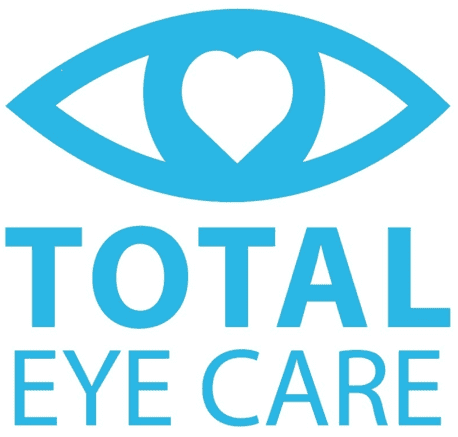HEALTH ANSWERS

HEALTH ANSWERS
What’s best for treating macular degeneration?
October 9, 2006
The short answer is a new drug called Lucentis, approved by the US Food and Drug Administration in June . However, the drug has side effects, is extremely expensive, and is useful for only the rarer form of the disease. Macular degeneration and its new treatments were the focus of five separate articles in last week’s New England Journal of Medicine.
Article Tools
* PRINTER FRIENDLYPrinter friendly
* E-MAILE-mail to a friend
* RSS FEEDSHealth / Science RSS feed
* RSS FEEDSAvailable RSS feeds
* MOST E-MAILEDMost e-mailed
* REPRINTS & LICENSINGReprints & Licensing
* Tag with Del.icio.us Save this article
* powered by Del.icio.us
More:
* Globe Health / Science stories |
* Health & Fitness section |
* Science section |
* Globe front page |
* Boston.com
* Sign up for: Globe Headlines e-mail |
* Breaking News Alerts
There are two kinds of macular degeneration — a disease of the retina that affects more than 9 million Americans and is a leading cause of blindness in people over 55.
In the “dry” form, which 90 percent of patients have, there is a loss of the light-sensing cells in the retina and the cells that nourish them. Vision is often disturbed but not destroyed altogether, said Dr.
N.A. Adams of the Wilmer Eye Institute at Johns Hopkins Hospital in Baltimore .
There is no treatment for this form of the disease, said Pat D’Amore , a senior scientist at the Schepens Eye Research Institute in Boston.
“Wet” macular degeneration is rarer but far more devastating. Abnormal blood vessels grow into the macula — the central part of the retina — where they bleed, leak, and cause swelling, often leading to irreversible blindness.
Three relatively new drugs — Lucentis, Macugen, and Avastin — all attack VEGF, the growth factor that stimulates blood vessel growth. All must be injected directly into the eye. Lucentis “actually improves vision in 30 to 40 percent of patients,” said Dr. Emily Chew of the National Eye Institute in Bethesda, Md.
Lucentis costs $1,950 per dose, but a very similar drug, Avastin — which is approved for treating colon cancer and can be used “off-label” to treat macular degeneration — costs only $17 to $50 per dose. A head-to-head comparison of the two drugs, both made by Genentech, has just been approved.
Macugen was approved for the wet disease two years ago but appears to be less effective.
Anyone with the wet form of the disease should ask his or her doctor about starting one of these drugs, Adams said. But be cautious: Some of the drugs can have rare but serious side effects, including glaucoma, cataracts, inflammation, and infection. And these risks are incurred repeatedly because patients must have injections every four to six weeks.
SOURCE The Boston Globe
